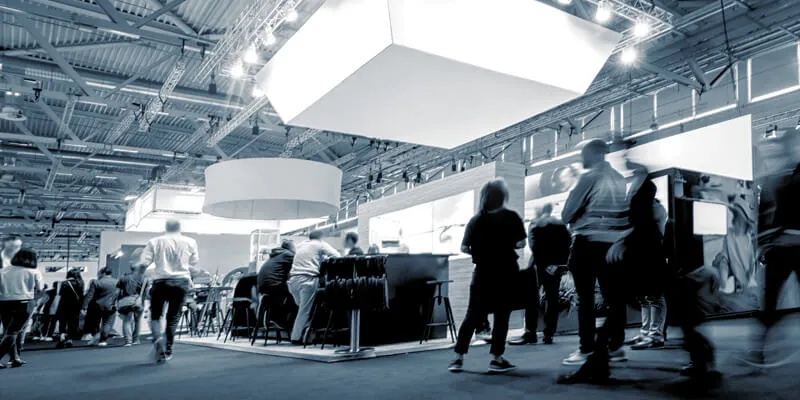Our research shows that these trends that were gaining traction and may continue to influence the event industry:
- Hybrid Events: The COVID-19 pandemic accelerated the adoption of hybrid events, which combine in-person and virtual elements. Even as restrictions ease, hybrid events are likely to remain popular, offering increased accessibility, expanded reach, and flexibility for attendees.
- Sustainability: Event organizers are increasingly prioritizing sustainability, incorporating eco-friendly practices such as reducing waste, using recyclable materials, minimizing energy consumption, and promoting carbon-neutral initiatives.
- Technology Integration: Advances in technology continue to transform the event industry, with innovations such as augmented reality (AR), virtual reality (VR), live streaming, event apps, RFID/NFC technology, and interactive experiences enhancing attendee engagement and participation.
- Health and Safety Protocols: Health and safety considerations remain paramount, with event organizers implementing robust protocols to ensure the well-being of attendees, staff, and participants. This includes enhanced cleaning procedures, contactless check-in, social distancing measures, and vaccination or testing requirements.
- Personalized Experiences: Attendees expect personalized experiences tailored to their preferences and interests. Event organizers are leveraging data analytics, AI-driven recommendations, and interactive elements to customize content, networking opportunities, and activities for individual attendees.
- Flexible Booking and Cancellation Policies: In response to the uncertainty caused by the pandemic, event organizers are offering more flexible booking and cancellation policies, allowing attendees to adjust their plans with minimal financial risk.
- Diverse and Inclusive Programming: There is a growing emphasis on diversity, equity, and inclusion in event programming, with organizers striving to represent diverse voices, perspectives, and backgrounds across speakers, panels, and content.
- Wellness and Mindfulness: Events are incorporating wellness and mindfulness elements to promote attendee well-being, including yoga sessions, meditation breaks, wellness lounges, and activities focused on mental health and stress relief.
- Outdoor and Unique Venues: Outdoor and non-traditional venues are becoming increasingly popular for events, offering unique settings, open-air environments, and opportunities for creative event design while adhering to health and safety guidelines.
- Virtual Networking and Engagement: Virtual events have evolved to prioritize networking and engagement, with features such as AI-driven matchmaking, virtual lounges, breakout rooms, and gamification to facilitate meaningful interactions and connections among attendees.
These trends reflect the ongoing evolution of the event industry as it adapts to changing consumer expectations, technological advancements, and societal shifts. Event organizers who stay attuned to these trends and embrace innovation are well-positioned to create memorable and impactful experiences for their audiences.
